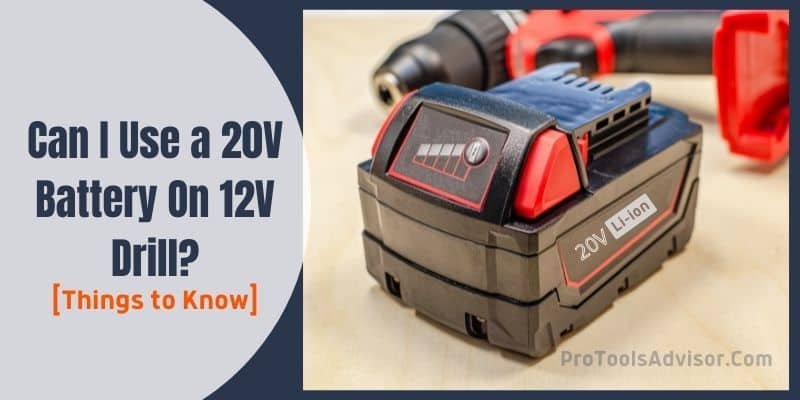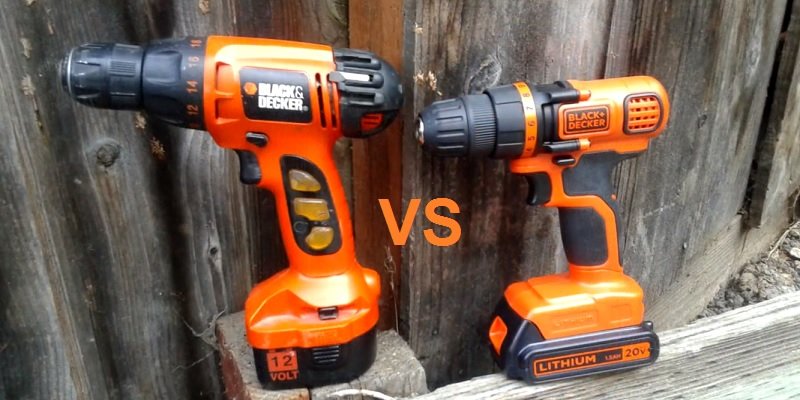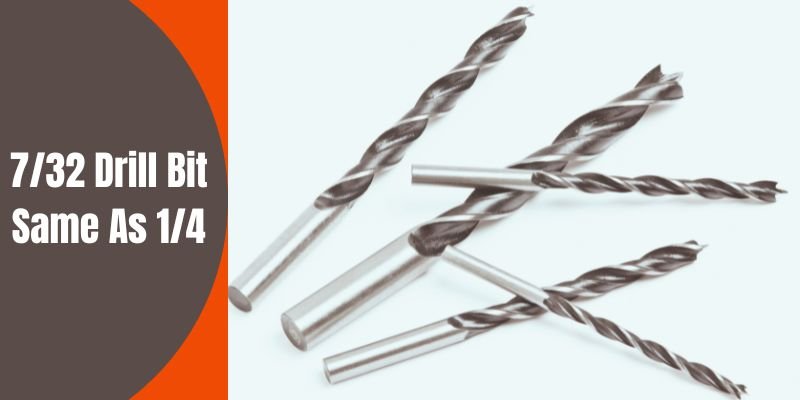Disclosure: This post contains affiliate links and I will be compensated if you make a purchase after clicking through my links. Learn More
Many residence owners and DIYers want to do light drill works by themselves. But there are some things to consider before you want to do the drilling part by yourself. Every drilling machine has voltage ratings and the battery they use needs to match with that. If you’re completely new and never used a drill machine before, you can easily be confused with all these various voltage ratings and batteries available.
One of the most commonly asked questions about which power batteries fill in which drill is “Can I use a 20v battery on a 12v drill?” Don’t worry. Today we aim to provide you with the best answer possible and other information relevant to the topic. Stay tuned!

Can You Use a 20V Battery On a 12V Drill?
You can use a 20V battery on a 12V drill, but only for a short period of time.
Many components are responsible for running a motor. Windings aka bundled wires are the basic components of all motors. In order to run the motor, these windings need to carry current through the system. And the voltage produces the necessary current which ultimately led to propelling the motor.
When you’re using a 12V battery in a 12V drill, you’re supplying the right amount of voltage at the specified power rating to flow the current without causing any damage to the motor and its insulation system.
The current will flow in the windings and the motor will run even if you supply voltage higher than the motor’s specific rating. However, since the current flowing now exceeds the tolerance limit both the motor and the insulation system can be damaged. The windings can also get burnt.
The voltage (20V) you’re supplying here surpasses the rated voltage by more than 50% and if you continue like this it will eventually damage the motor, in other words the drill machine.
Will 20V Batteries Fit in 12V Drills?
There are various kinds of drills with different voltage readings in them. These different voltages indicate different power distributions in the drills. The higher the voltage rating, the higher the power that drill or tool produces. For example, a 20V drill is more powerful than a 12V drill.
Considering the battery size is also important. In most cases, 12V drill will only accommodate a 12V battery. The size and voltage of a 20V battery can be too big for these smaller scale devices. In terms of capacity, 12V drills are meant for general home use only. They do not have the same weight or torque of a 20V drill to handle greater impacts.
Read Also: Comparison between 12V vs 20V Drill
Good Battery Voltage in Cordless Drills
For putting screws into light structures or surfaces, a 4 to 8 volts screwdriver is enough. A drill with 12 to 20 volts will be capable of completing most of the residential jobs. They are generally lightweight and best for all types of home needs. Drilling hard surfaces like concrete walls or tile floors will need more powerful drills. These high-caliber drills are heavy and are mainly used by professionals for construction or industrial duties.
Wrapping Up
Voltage is an essential part of any cordless drill. They use rechargeable batteries and the current they produce with different voltages matters a lot. These batteries can be interchangeable within the same manufacturer. If you want to switch between brands you will need battery adapters.
Furthermore, because cordless drills require batteries, it becomes heavier when a large battery with high voltages is used. So, you need to be aware of your use case and how powerful the drill you need to use for that. Choose the least weighted drill for the job. Heavy machines are uncomfortable to work with. They will cause hand fatigue in a short period of time.


